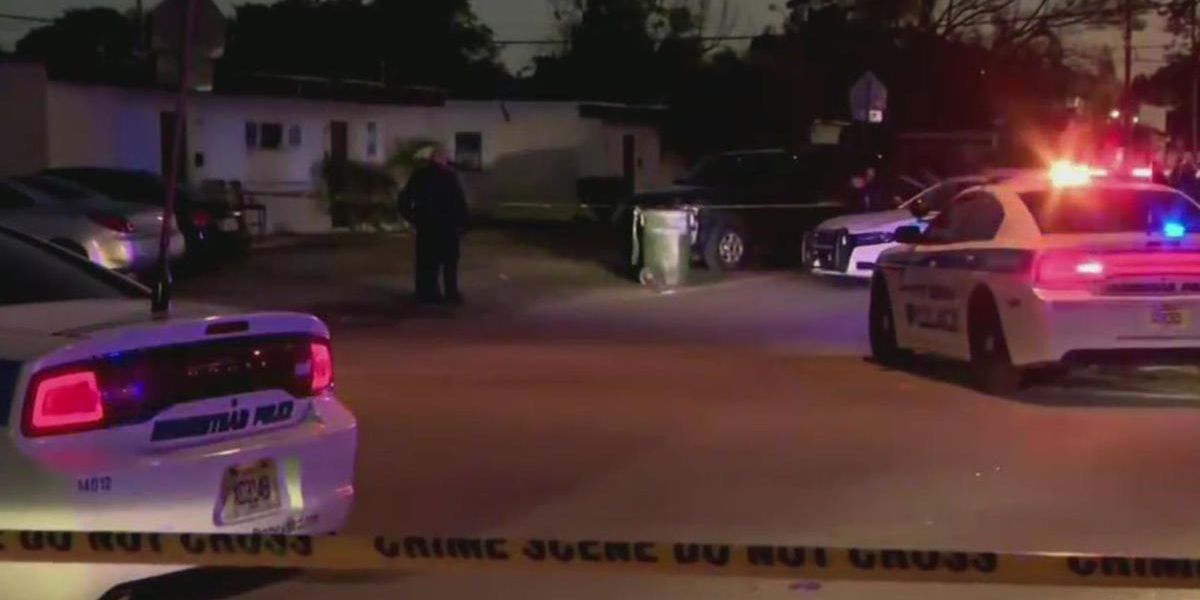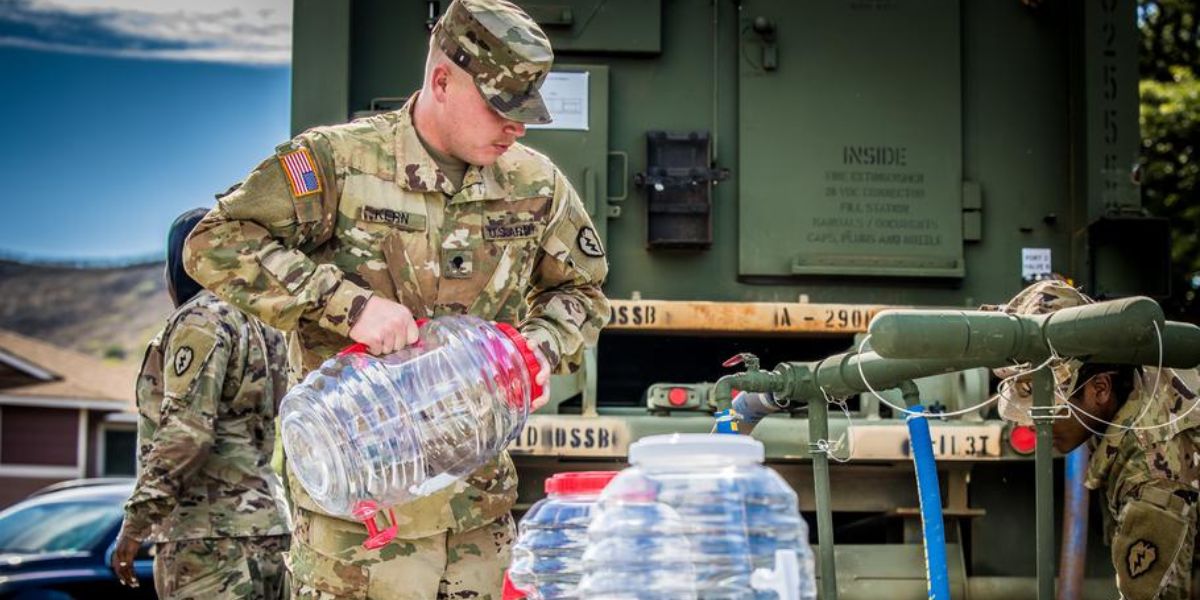Legal Battle Over Contaminated Water: Military Families VS. U.S. Government
Lawyers for military families who were exposed to contaminated water at Hawaii’s Joint Base Pearl Harbor-Hickam in 2021 as a result of a huge jet fuel spill will present their case before a judge on Monday. Three different claims have been brought on behalf of more than 7,500 service members, military dependents, and civilian residents in connection with the exposure caused by leaks at the Defense Department’s now-closed Red Hill Bulk Fuel Storage Facility near Honolulu.
The trial, which will be held in the United States District Court for the District of Hawaii, will cover all three lawsuits. The plaintiffs are seeking damages for injuries and diseases they claim were caused by drinking, bathing, and laundering clothing in gasoline following a November leak that displaced or compelled more than 93,000 inhabitants to utilize alternative sources of water for months.
Judge Leslie Kobayashi will hear from more than a dozen “bellwether plaintiffs” who represent individuals in the various lawsuits. The trial is regarded as the first major environmental action brought against the United States government under the Federal Tort Claims Act, a 1940s legislation that establishes restricted exceptions to the federal government’s broad legal immunity.
The plaintiffs claim that the November leak caused many people to seek medical attention for rashes, headaches, gastrointestinal problems, lightheadedness, nosebleeds, and other symptoms. Many people claim they had unexplained symptoms far earlier, which they linked to an accident the previous May that discharged 20,000 gallons of petroleum into tunnels at the complex, but the judge would not look into those earlier symptoms.
The Department of Justice has maintained that it is difficult to link the families’ ailments to fuel exposure, and there is insufficient scientific evidence to back the government’s claim that short exposure leads to long-term illnesses.
Residents of Joint Base Pearl Harbor-Hickam, Aliamanu Military Reservation, and other areas were exposed to the fuel in November 2021 when a pipe ruptured at the Red Hill tank farm, releasing up to 5,000 gallons of fuel into a nearby Navy-owned drinking water well that supplied water to the joint base and surrounding communities.
It was then revealed that the fuel in the pipe was from the big May leak.
Following the November discharge, the Navy published a statement stating that there were “no signs or indication” that fuel had entered the groundwater or soil and that the drinking water was safe.
However, scores of people complained about the odor and taste, as well as health concerns, and many were compelled to leave their houses during the winter holiday season. The Navy later admitted to the contamination and initiated a huge cleanup effort, while the Defense Department, under pressure from the state of Hawaii, environmental groups, and members of Congress, pushed to close Red Hill.
The final cargo of more than 104 million gallons of petroleum left Hawaii in December, and Joint Task Force Red Hill evacuated all remaining fuel in March. The Navy Closure Task Force took over responsibility for the facility and will complete the work by emptying sludge from the tanks, cleaning them, and removing the 10 miles of piping that connects Red Hill to Joint Base Pearl Harbor-Hickam.
It withdrew 1,012 gallons, or nearly 99%, of firefighting foam concentrate from the facility last week, with intentions to remove the entire amount of foam, which contains chemicals related to several types of cancer and other health problems.
According to Kristina Baehr, an attorney for the plaintiffs, the judge will analyze thousands of pages of documents and depositions and will question select witnesses, primarily those whom the Justice Department intends to cross-examine.
“The government has admitted liability (negligence), but continues to fight Red Hill victims — presenting a conciliatory public face on the billion-dollar environmental cleanup, but continuing to avoid accountability and trying to discredit victims of the contamination behind the scenes and in court,” Baehr said in a press release issued on Wednesday.
The study is expected to last 10 days.
Army Maj. Amanda Feindt, who is one of the service members suing the government and whose husband, Patrick Feindt, is the lead plaintiff in one of the suits, said in an interview Wednesday that her family, including her now 6-year-old daughter and 4-year-old son, is still dealing with health problems as a result of the spill.
She is suing because she is concerned about the long-term health repercussions of the leak for family members and other youngsters, as well as to make the government accountable for the harm caused to military personnel, dependents, and civilian employees.
“I look at everything as a senior leader — people first,” Feindt was quoted as saying. “The military has stated unequivocally that it is only concerned with itself. It is discouraging.”











